Faculty
For open positions, please refer our Bioinformatics Careers page.
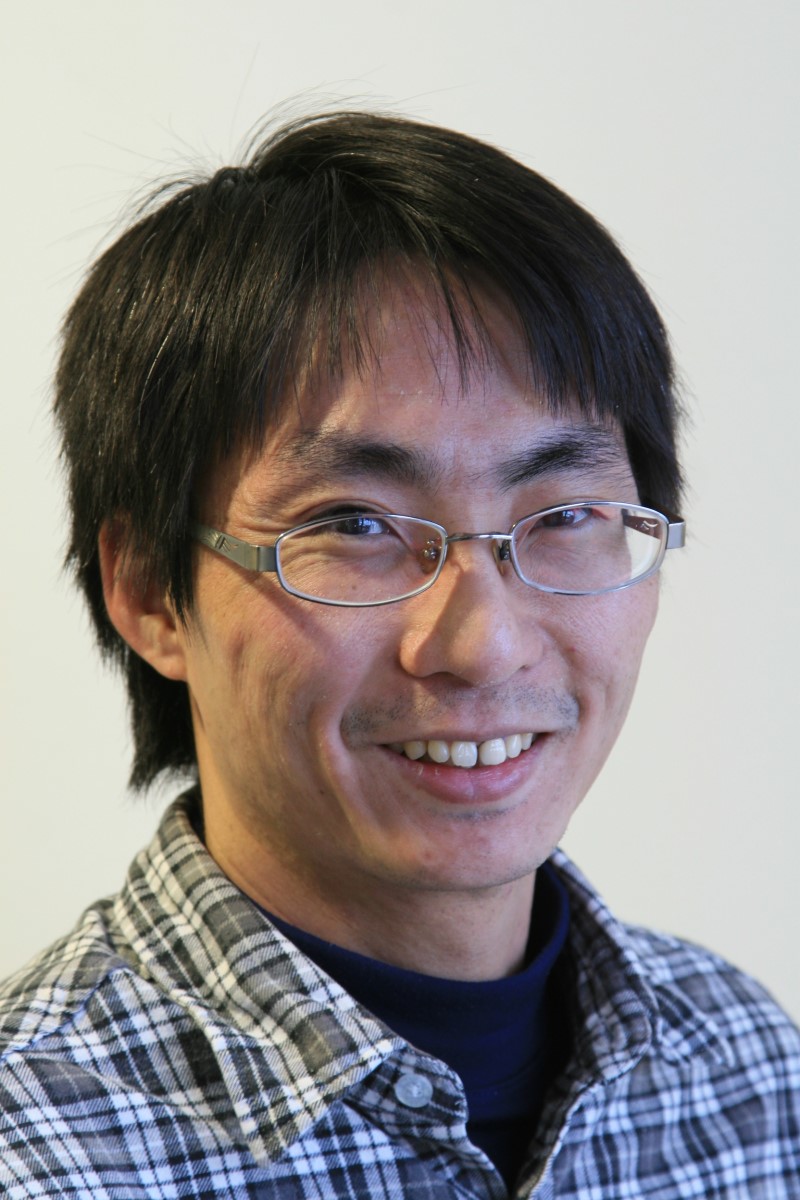
Bo-Jui Chang, Ph.D.
Assistant Professor
Our research focuses on bio-imaging with specialization in light-sheet microscopy (LSM) and super-resolution structured illumination microscopy (SIM). We currently run research projects in collaboration with biologists to study behavior of cells, tissues, embryos, etc. in physiologically relevant environments. We develop advanced light-sheet and structured illumination microscopes based on the needs of each project. The major bulk of our reserach is currently in collaboration with Danuser and Fiolka labs, set against the premise of imaging hardware and software development with machine learning.

Gaudenz Danuser, Ph.D.
Professor and Director
Danuser Lab
We study non-genetic mechanisms of cancer metastasis, with particular focus on the roles cell morphogenesis plays as a driver of oncogenic signals. The analysis of the underlying mechanochemical systems requires the reconstruction of complex regulatory circuitry without experimental interventions. Our lab melds molecular cell biology, live cell imaging, computer vision, and graphics to generate high quality observational data cues that permit the inference of relations between circuit components in minimally perturbed biological systems.
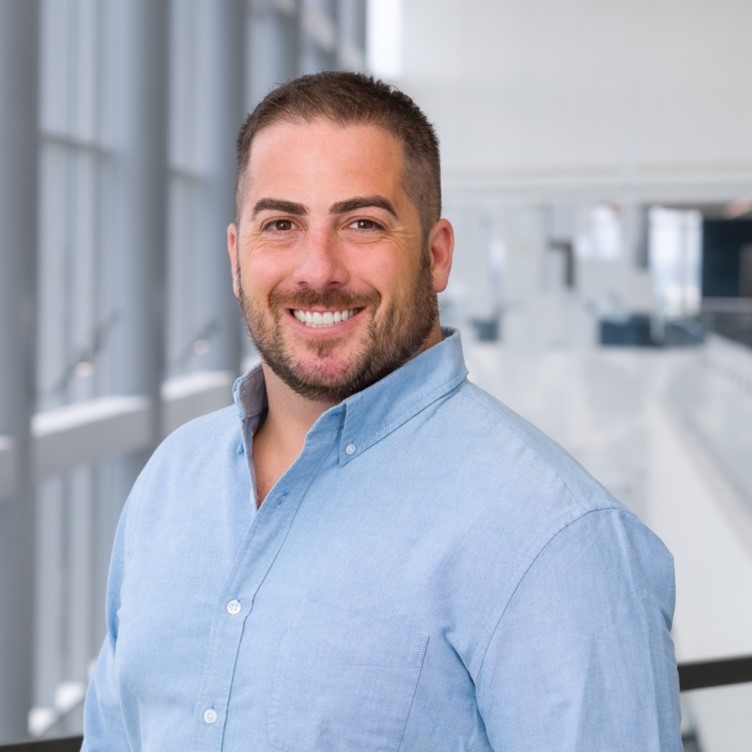
Kevin Dean, Ph.D.
Assistant Professor
Dean Lab
Our research is focused on identifying molecular mechanisms that enable cancer cells to colonize and populate a distant tissue. For this, novel methods are needed to pinpoint rare metastatic colonization events in large tissue volumes, with molecular specificity and high resolution. We are approaching this via autonomous microscopy, molecular multiplexing, and content-rich histopathology.

Reto Fiolka, Ph.D.
Assistant Professor
Fiolka Lab
Our lab is focused on development of advanced imaging technologies that can provide unprecedented insight into cell biology in 3D environments, both ex-vivo and in-vivo. Our work has led to improvements of the state-of-the-art in fluorescence microscopy, and to new insights into imaging theory. Most importantly, our instrumentation has become an integral part in multiple interdisciplinary research programs across UT Southwestern.
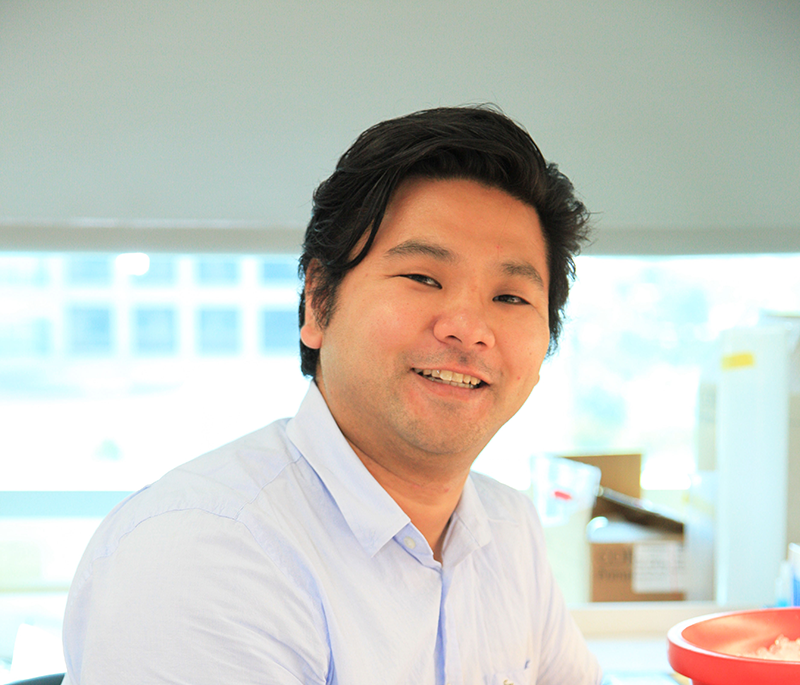
Tadamoto Isogai, Ph.D.
Assistant Professor
Isogai Lab
Our lab's research focus is on molecular signal amplifications within cellular organelles in 3D mciroenvironments. We work in collaboration with Danuser Lab, and PIs in the cancer metastasis arm of research at the Green Center for Systems Biology.

Daehwan Kim, Ph.D.
Assistant Professor
Kim Lab
Our lab develops algorithms and statistical methods to accurately and rapidly analyze biological data, in particular, genomic and transcriptomic data. We are creating a new computer programming language called L++ that enables researchers to represent genomes in both human and computer-interpretable ways. In parallel, we are developing a platform to run this organism code, i.e. to simulate and visualize organisms, with the goal of in-silico execution of organisms faithfully mirroring in-vivo execution. We plan to use this platform to design and create novel organisms.
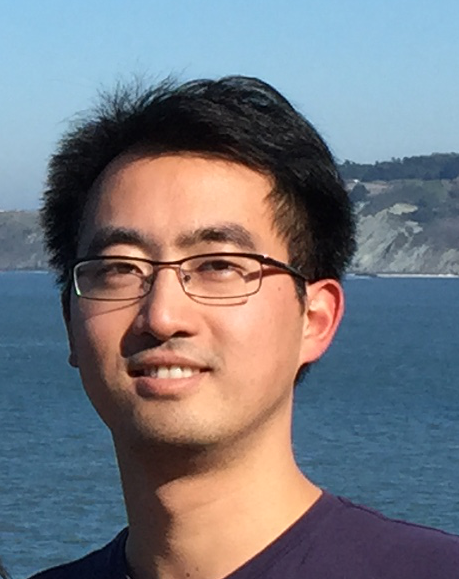
Milo Lin, Ph.D.
Assistant Professor
Lin Lab
Our research is focused on the development of theoretical models combined with computational tools to deduce how system-wide properties emerge from elementary interactions within biological systems to enable function in the relevant time scale and why such emergence is evolutionarily scalable. These questions are explored in the context of protein folding, dynamics, aggregation, and signal transmission in molecular and cellular networks.

Benjamin Nanes, M.D., Ph.D.
Assistant Professor
Nanes Lab
We study the molecular circuits controlling the critical stability/plasticity balance and how disruption of these signaling networks contributes to disease. In particular, we focus on the intermediate filament cytoskeleton, not for its canonical role as a mechanical scaffold, but as a signaling scaffold modulating cell function. The Nanes Lab is fully integrated into a shared cluster of labs studying cell morphology in cancer metastasis and drug resistance (Danuser and Isogai) and developing next-generation microscopy pipelines to visualize molecular processes in real time (Dean, Fiolka, and Chang).

Jungsik Noh, Ph.D.
Assistant Professor
Dr. Noh's research specializes in deducing causal inference for time series microscopy images and developing statistical methods for genomic data analysis. Currently, he collaborates with peers in the Green Center for Systems Biology and in the Lyda Hill Department of Bioinformatics to develop statistical methods to resolve complex biomedical data. Dr. Noh published a machine-learning based pipeline in 2021 to estimate numbers of COVID-19 infected populations worldwide; focusing on those that are under-ascertained and therefore unknown.
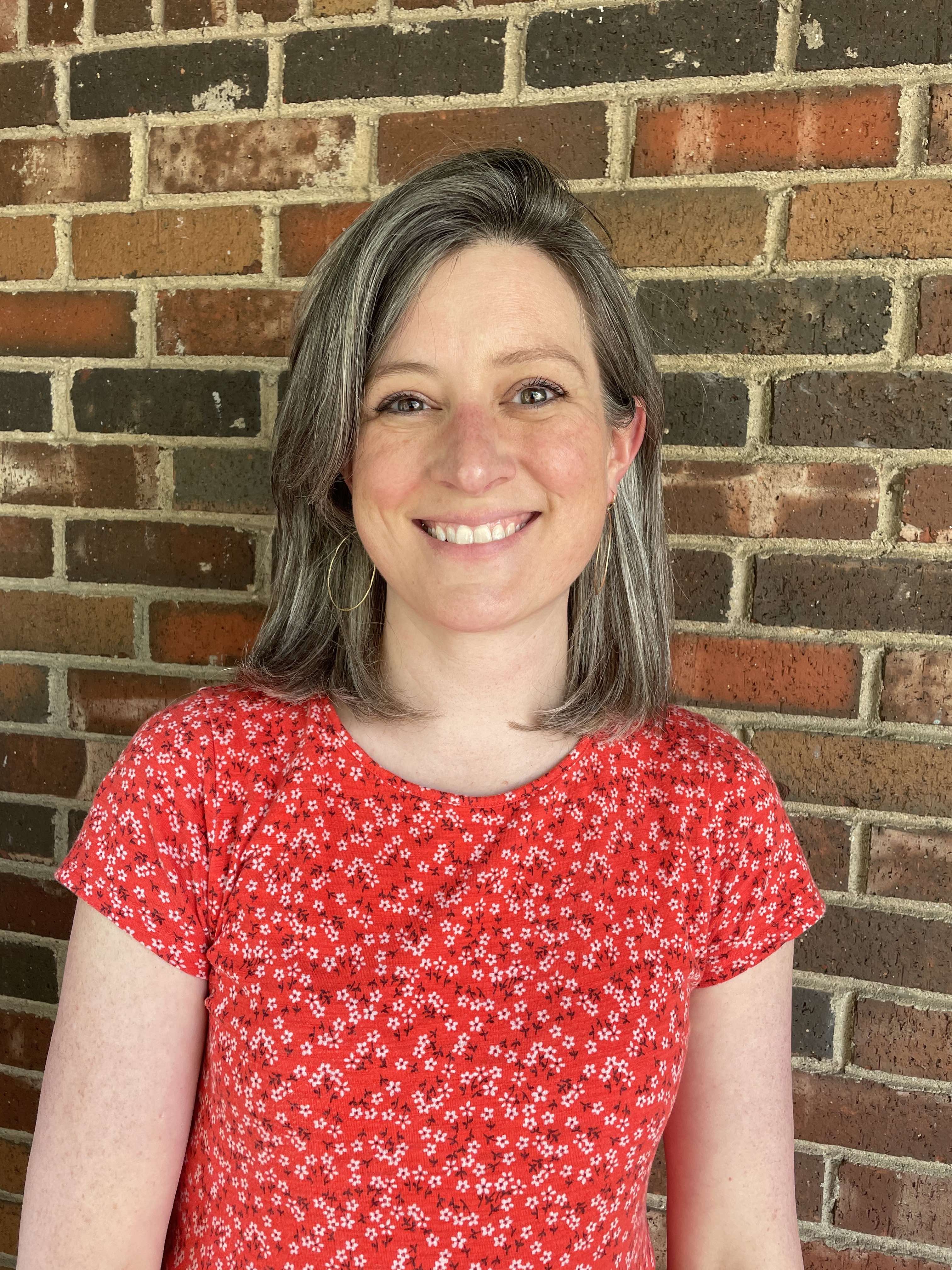
Kimberly Reynolds, Ph.D.
Assistant Professor
Reynolds Lab
Our laboratory uses sequence information drawn from diverse organisms to understand the relationship between genotype and phenotype, with a focus on bacteria. The central idea is to build models that describe the “design” of molecular systems through the statistical analysis of evolutionary conservation and co-evolution. We test these models experimentally using deep mutational scanning of individual proteins, genome-wide second-site suppressor screens, and high-throughput CRISPRi measurements that relate variation in gene expression to bacterial growth rate.

Erdal Toprak, Ph.D.
Associate Professor
Toprak Lab
With the aim of understanding the extent of phenotypic variability and its underlying cause, we investigate genetic and molecular basis using state-of-the-art experimental and computational tools. Our projects span the areas of antibiotic resistance and persistence, protein evolution, and novel antibiotic compounds that can select against resistance.
Scott Saunders, Ph.D.
UTSW Distinguished Fellow
Saunders Lab
Our research leverages high throughput genetics to map the molecular interactions that shape bacterial cellular physiology and functioning. A key area of emphasis is antibiotic resitance. We develop designer mutant libraries for genomic modifications on a high throughput scale that will enable quantification of interactions between cellular components, leading to novel insights and drug design.
